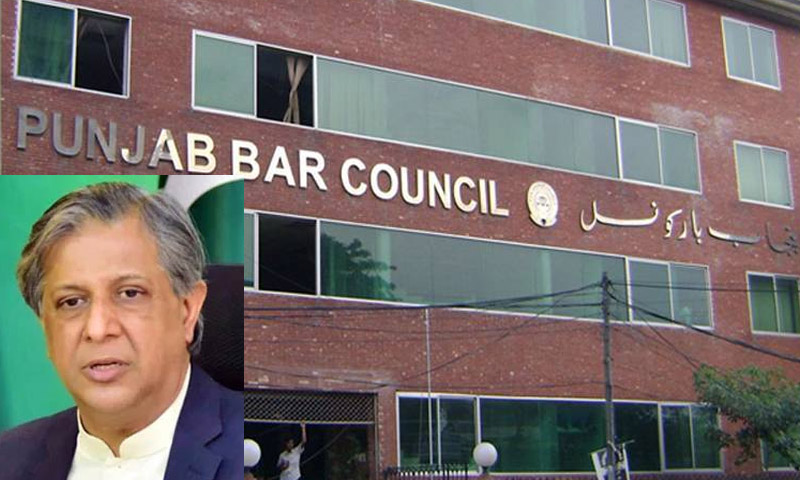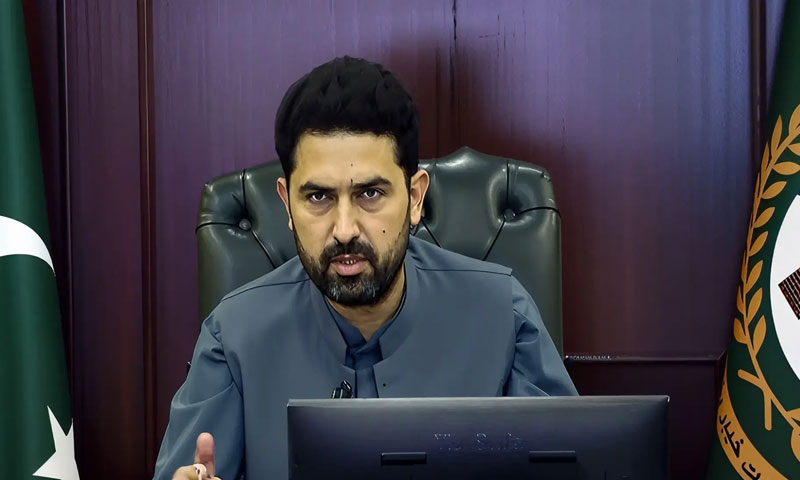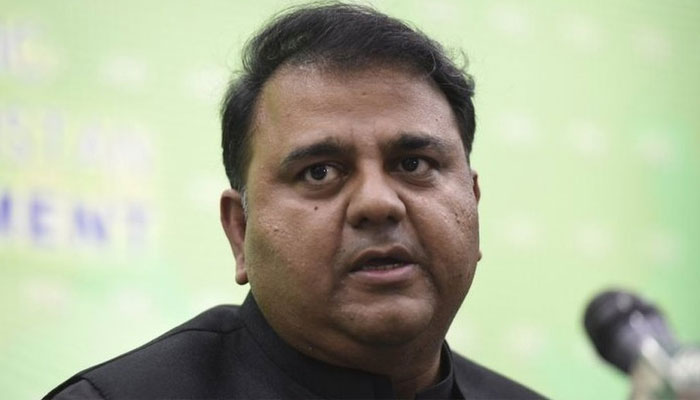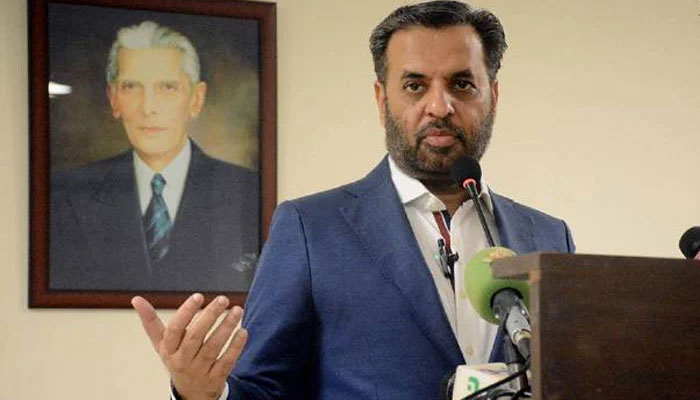POLITICS & POLICY MAKING
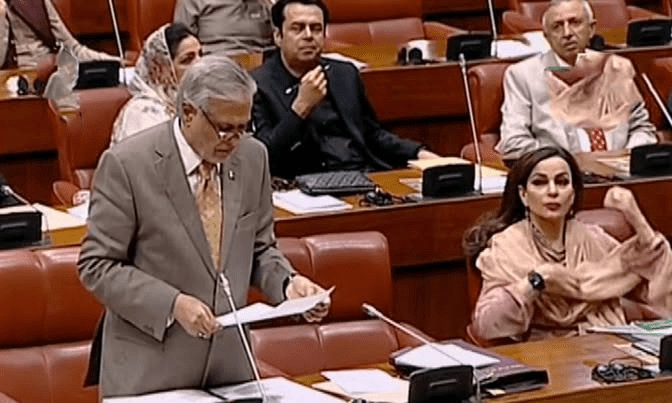
The Senate of Pakistan on Friday unanimously adopted a resolution rejecting India’s “frivolous and baseless” allegations linking Pakistan to the deadly Pahalgam attack in India-occupied Kashmir. The resolution came in response to India's aggressive diplomatic and strategic measures, including the suspension of the Indus Waters Treaty.
Moved by Deputy Prime Minister Ishaq Dar, the resolution affirmed Pakistan’s unwavering commitment to peace, but reiterated its preparedness to defend its sovereignty and territorial integrity against any form of aggression—including “water terrorism” or military provocation.
The attack in Pahalgam, a popular tourist destination in Indian-occupied Kashmir, resulted in the death of at least 26 people and injured 17 others. India’s government, without providing evidence, blamed Pakistan, prompting swift condemnation from Islamabad.
The Senate condemned India's “orchestrated and mala fide campaign” to malign Pakistan and cautioned New Delhi against exploiting incidents like the Pahalgam attack for domestic political gain. It also criticized India’s unilateral suspension of the 1960 Indus Waters Treaty—an act which senators labelled a direct threat to regional stability and an act of war.
Deputy PM Ishaq Dar, addressing the house, said:
“If anyone is thinking of adventurism in Pakistan, our armed forces are fully ready. We will respond as we have in the past—with decisiveness and unity.”
Senator Sherry Rehman, in a powerful address, reminded the chamber of India’s prior aggression and accused Prime Minister Narendra Modi of attempting to weaponise water.
“This treaty survived wars. But now India wants to weaponise water, and we will not allow that,” she said.
Rehman further emphasized Pakistan’s peaceful stance while warning that the country would not tolerate provocation.
“We are a peaceful nation, but if provoked, we will defend every inch of our land. The people of Pakistan are united and firm,” she added.
The Senate resolution also reiterated Pakistan’s continued diplomatic, political, and moral support for the Kashmiri people and their right to self-determination under UN Security Council resolutions.
The resolution concluded by calling on the international community to hold India accountable for its own acts of cross-border aggression and attempts to destabilize the region.
As tensions rise, the Senate’s united stance reflects a broader national consensus against India’s escalating rhetoric and actions, as well as Pakistan’s readiness to maintain peace through strength and diplomacy.
